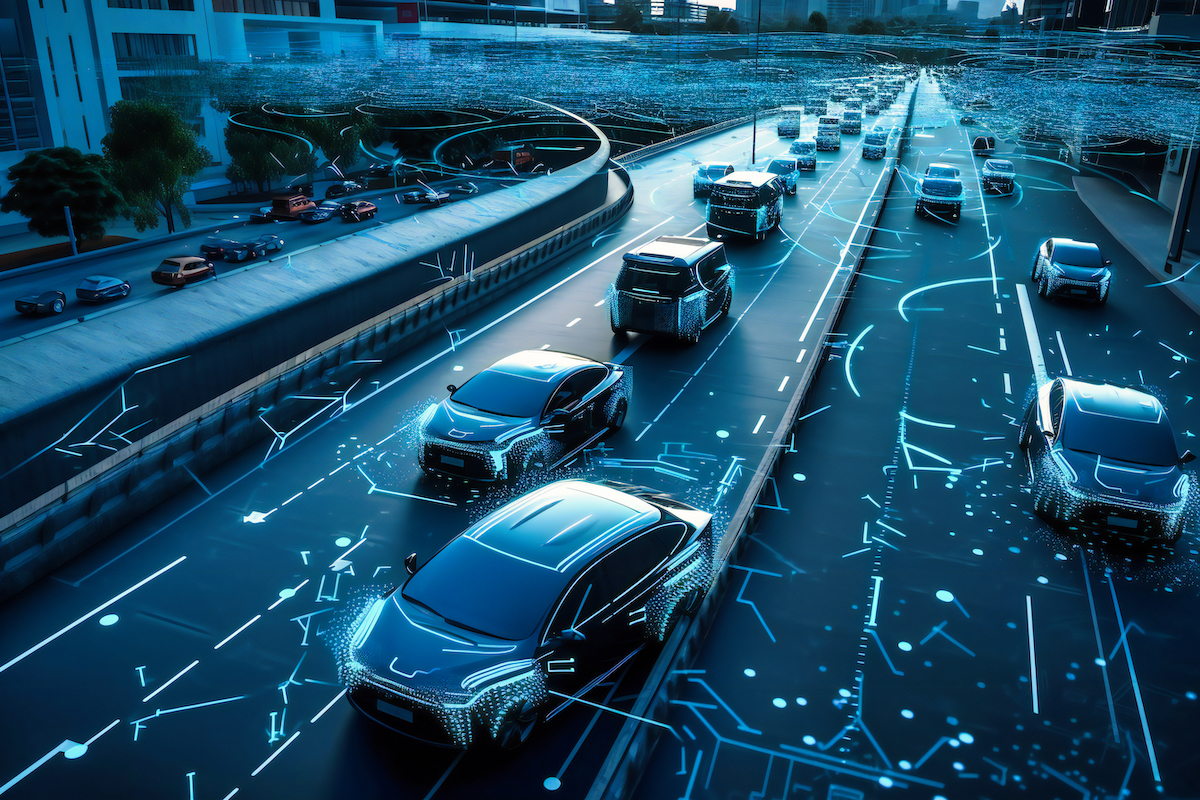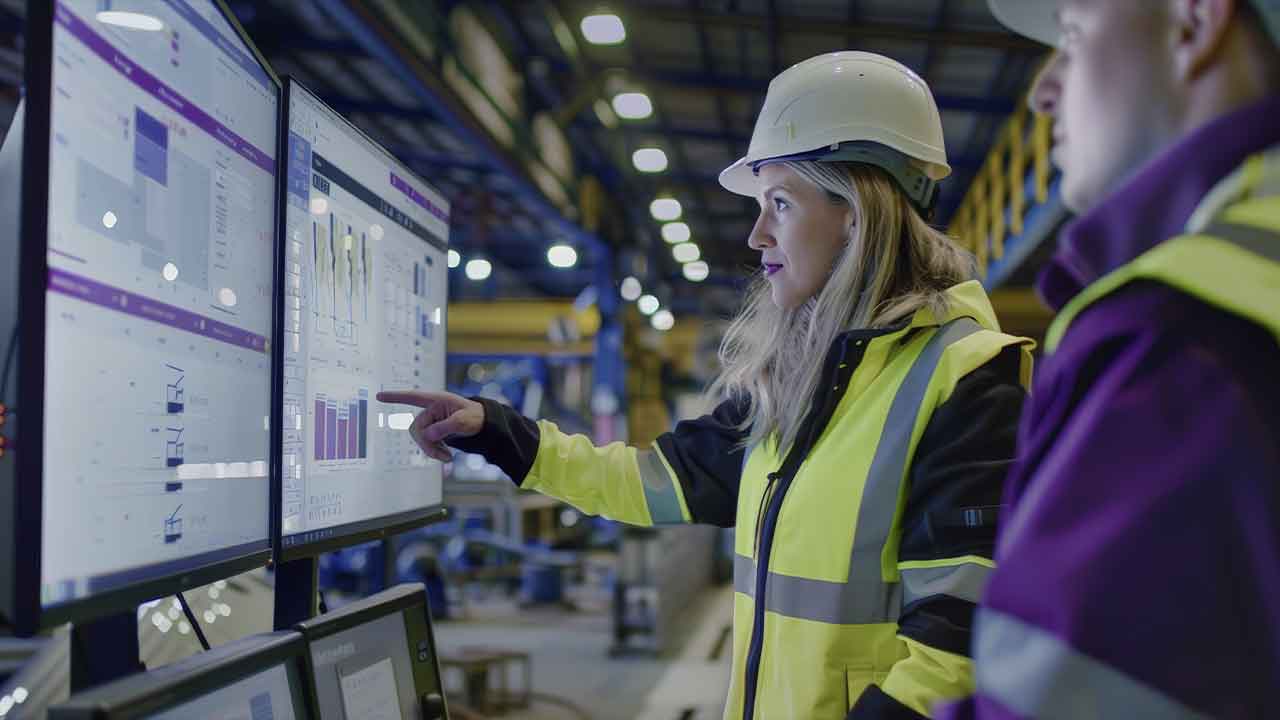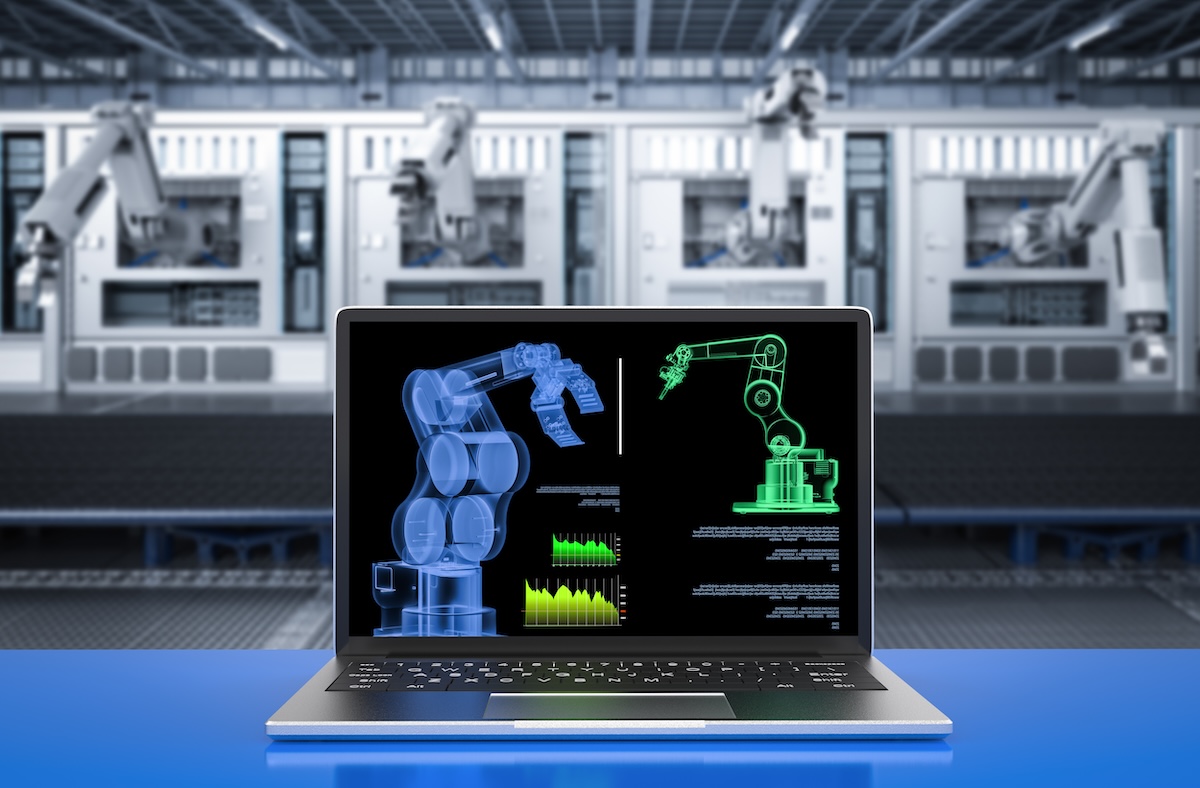IoT in fleet management: enhancing efficiency, sustainability, and safety
|
Getting your Trinity Audio player ready...
|
The expanding global adoption of IoT technology has unlocked many opportunities for businesses in the automotive domain, from optimized car manufacturing processes to autonomous vehicles and usage-based insurance. The IoT for automotive has also influenced how transportation companies operate and manage their assets, with the IoT in the fleet management market projected to reach $16 billion by 2031.
Keep reading to explore key applications of the Internet of Things in fleet management and how IoT technology contributes to enhancing fleet efficiency, ensuring the safety of passengers and cargo, and reducing environmental impact.
Top use cases of IoT in fleet management
Predictive maintenance
Logistics and transportation companies own dozens or thousands of cargo and passenger vehicles, which makes maintaining them in proper condition challenging. Predictive maintenance of fleet vehicles is one of the most tangible benefits IoT has brought to the domain.
Companies equipping vehicles with IoT sensors can monitor various parameters like engine health, tire pressure, and fuel consumption in real-time to alert fleet operators, managers, and drivers about a possible breakdown. IoT technology allows fleet managers to oversee the performance of the entire fleet, predict potential breakdowns, and optimize maintenance schedules for timely fleet vehicle service.
Cargo monitoring
Transportation companies can gain greater cargo visibility by installing IoT sensors into vehicles and attaching sensors to product batches, transportation containers, and pallets. With IoT-enabled sensors, fleet managers, drivers, as well as customers of transportation companies can monitor cargo conditions and receive alerts on temperature and humidity changes within the cargo area as well as any detected shock or physical impact on a product. This way, companies ensure perishable goods are transported under optimal conditions, reducing the risk of spoilage or damage.
Driver assistance
IoT sensors installed in the vehicle continuously track speed changes along the road, locate lane markings, and detect the presence of nearby objects to alert the driver about a potentially dangerous situation, enhancing driver safety. Many cars today incorporate modern ADAS systems that not only notify drivers of hazardous situations but also assist with braking, accelerating, steering, and maneuvering to avoid accidents.
Connected vehicles
IoT enables fleet vehicles to connect, receive, and share information with everything that surrounds them while driving. This capability allows cars to communicate with other road users and roadway infrastructure like cameras, traffic lights, and overhead RFID readers to prevent accidents and collisions and make driving and road usage more efficient.
Benefits of IoT in fleet management
Improved vehicle operation
Fleet managers can use the IoT technology to anticipate vehicle breakdowns and ensure the timely servicing of fleet vehicles. This proactive approach enhances the reliability of the whole fleet and minimizes the risk of unexpected breakdowns and associated downtime.
Optimized asset utilization
With the help of IoT data analytics, fleet managers can detect patterns leading to vehicle operation failures, route delays, and unoptimized vehicle utilization and identify opportunities for improving their fleets’ efficiency. For example, by analyzing fleet usage, managers can optimize the allocation of vehicles that travel in particular directions, ultimately minimizing idle time and enhancing overall productivity and profitability.
Reduced expenses
By analyzing the data collected with IoT devices, fleet managers make data-driven decisions regarding fleet utilization to save costs. For instance, by analyzing and identifying excessive fuel consumption and frequent vehicle servicing, managers can optimize fleet routes and implement proactive vehicle maintenance strategies, thus significantly reducing operational expenses.
Enhanced safety and security
IoT sensors play a crucial role in enhancing the safety of fleet operations by monitoring and analyzing driver behavior in real-time and detecting signs of fatigue or reckless driving. GPS tracking, together with continuous in-car and external video surveillance, enables fleet managers to monitor route deviations and prevent theft or unauthorized vehicle usage, improving overall fleet security.
Improved sustainability
With the help of IoT, fleet managers can monitor fuel consumption in real-time and identify opportunities to optimize fuel efficiency. By optimizing routes, companies can significantly reduce fuel costs and lower their carbon footprint, thus minimizing the environmental impact of transportation activities and fostering environmental sustainability.
Real-life examples
Let’s see how companies worldwide leverage the Internet of Things technology to improve fleet maintenance and customer service.
- The world’s largest third-party logistics provider, H. Robinson, utilizes their proprietary transportation management platform in connection with the IoT technology to enable customer freight visibility throughout the supply chain. With the help of temperature, light, and shock sensors that every freight is equipped with, customers can track and trace their freights continuously.
- Europe’s leading rail freight operator, DB Cargo, monitors the company’s assets by collecting data from IoT sensors and devices installed in locomotives. By analyzing the collected data, they can coordinate maintenance operations more efficiently, avoiding unexpected failures.
- Walmart has equipped its private fleet cabs with interactive IoT-connected tablet devices that enhance communication between drivers and stores, improve load visibility, and streamline the delivery process. By reducing manual touchpoints and coordinating scheduling and navigation, the system allows drivers to focus more on driving, thereby improving productivity.
Summing up
The Internet of Things has become the driver of technical progress in the transportation industry. Although implementing IoT solutions for fleet management requires considerable upfront investment, the technology is worth the cost since IoT-powered solutions provide fleet managers with multiple benefits, from improving fleet efficiency to enhancing fleet sustainability and safety.
About the author
 This article was written by Elizaveta Karpovich, a Technology Research Analyst at Itransition, a software development company headquartered in Denver. With a strong background in IT, she focuses on technologies driving innovation across industries and reshaping our daily lives.
This article was written by Elizaveta Karpovich, a Technology Research Analyst at Itransition, a software development company headquartered in Denver. With a strong background in IT, she focuses on technologies driving innovation across industries and reshaping our daily lives.



